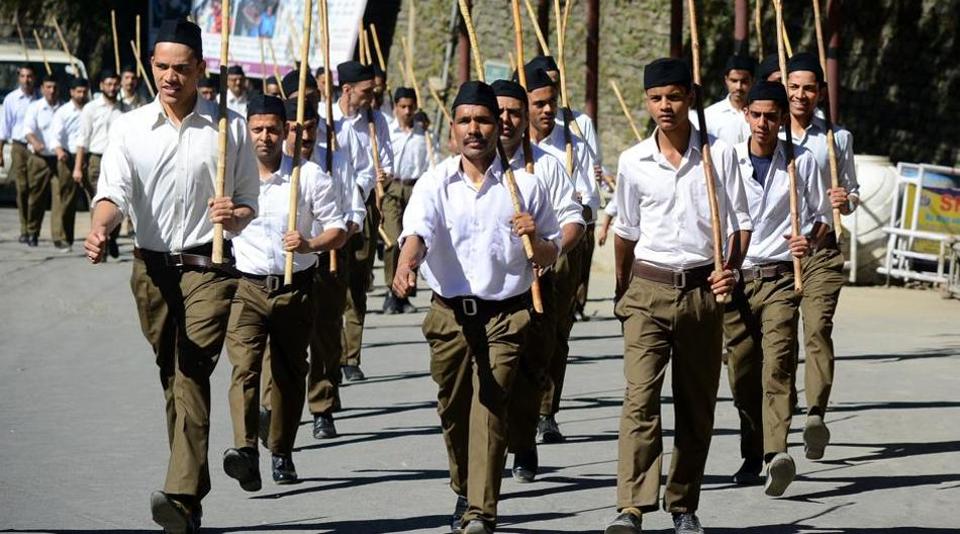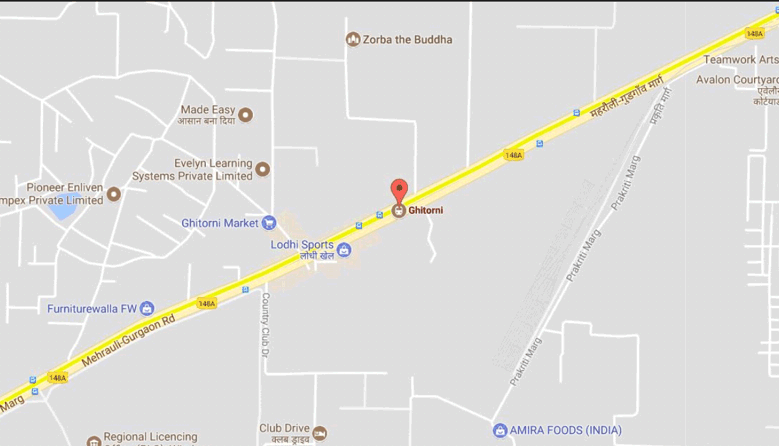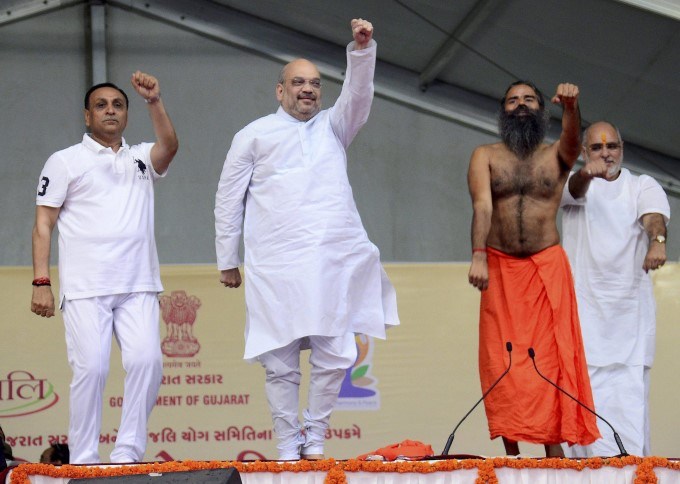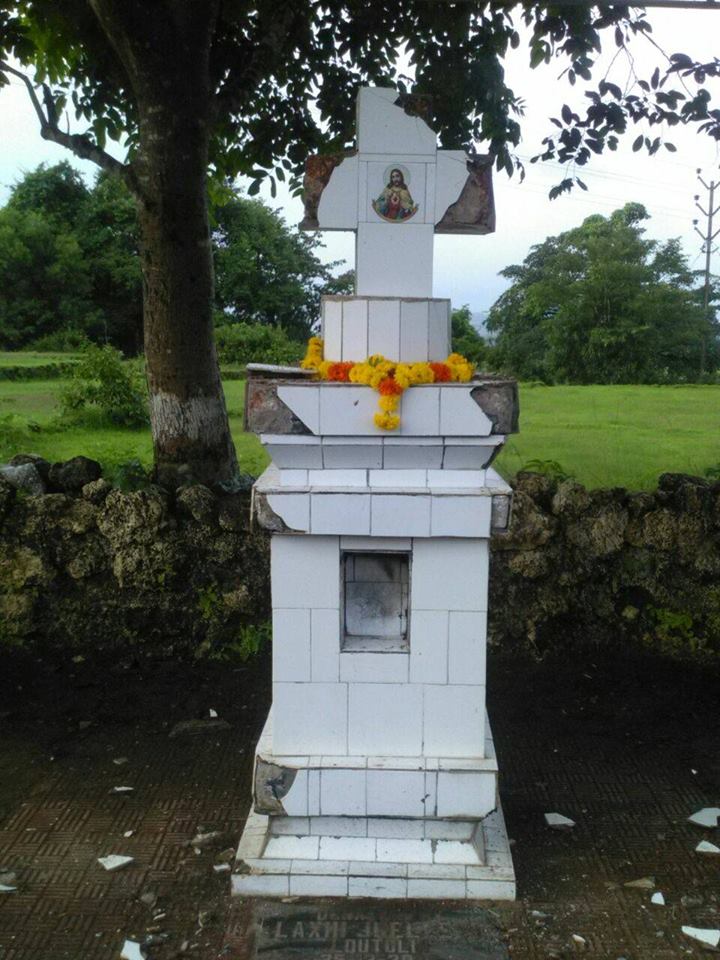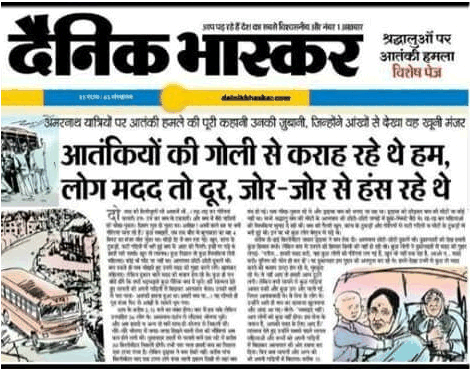Jharkand Govt’s Welfare Schems are the Branches, Adivasi Land the Roots –
Stan Swamy
- Decorating the branches . . .
Perusing the long list of developmental and welfare schemes meant for SCs and STs in Jhqrkand is like stepping into a dream-world. There are 49 schemes jointly undertaken by the central & state governments. This is apart from about 40 other schemes meant for the generalpopulation under the banner of rural development.
But the sad fact is most Dalit and Adivasi people do not have any knowledge about most of these schemes. Even the few schemes they have heard of and desire to avail their, benefits, they find it impossible to access.When they go to government offices they are treated with contempt and disrespect by the non-Adivasi officers. They come home disenchanted and try to carry on with the very limited resources they have. This type offunctioning of the bureaucracy at district and block levels is itself a violation of PESA Act which says “Gram Sabha shall be responsible for the identification and selection of persons as beneficiaries under the poverty alleviation and other programmes” [PESA 4.e.(ii)]. So the whole selection process of those chosen asbeneficiaries is both illegal and ultra vires.
The much The much spoken about SC Sub Plan [SCSP]and Tribal Sub Plan [TSP] are implemented half heartedly, the irony being big sums from these schemes are diverted for general schemes such as road construction, panchayat building, stadiums etc with the justification that SCs and STs also use these facilities!
Put briefly, the government's developmental & welfare schemes have not made any difference in terms of betterment to most of SC / ST people. What is the use of decorating the tree’s branches with schemes that are either not responding to their real needs or they are not accessible to them?
- Cutting off the roots . . .
That means wholesale loot of adivasi land, and it has taken place in the following manner: (i) land alienation and consequent displacement. From the time of independenceup to now a staggering 24 lakh acres of land has been forcibly acquired all in the name of development. Consequently, 17 lakh adivasis have been displaced. The sad fact is not a single adivasi person or community has ever been rehabilitated because it involves not only resettlement in another place of their choice but also social and cultural bonds preserved intact. Only a minimal cash compensation was thrust upon themand after that they were neatly forgotten.
(ii) CNT/SPT Acts amendments being forcibly enforced in Jharkhand is yet another blow to the Adivasi people insofar as it aims to transfer agricultural land for non-agricultural purposes. This implicitly means non-adivasis from within or without the country can acquire adivasi land for setting up commercial and business enterprises and govt can take agricultural land for infrastructural purposes. This is as good as finishing off this protective legislation. Happily there is wholesale resistance to this deceptive action of the govt and even the Governor has returned the bill asking the govt to re-consider this proposed legislation.
(iii) Land Bank is the most recent innovation to rob adivasi land from the back door. The govt proudly announced during the investors meeting in February this year that it has put together 21 lakh acres of land in Land Bank and therefore the investors will not have to face the problem of how to acquire land in Scheduled Areas. It has now come to light the govt stealthily ear-marked the ‘Commons’, namely the common facilities of the village community such as ponds, cattle-grazing grounds, roads, places of religious worship, burial grounds, rivulets and even rivers as part of land bank! There is also private family land that is not cultivated but used for other needs that has also been included in land bank. And all this has been done without even informing and getting the consent of concerned families and communities. This action of the govt goes against constitutional and legal provisions.
(iv) Fake land-deeds alienating thousands of acres of adivasi land are being reported in the print media recently. More than 1000 such fake deeds during the past 16 years have been unearthed.[Prabhat Khabar, 19 June 2017]. Those who are guilty of doing this are mostly non-adivasi-outsiders who are very adept in bribing govt functionaries and make out the needed fake documents. So there is a collusion of govt officials, politicians, contractors, land brokers, middle men most of whom are non-adivasi-outsiders have been working overtime to cheat the simple adivasi and deprive him of his cherished natural resources. Can there be a greater injustice than this cruel game?
How long will the tree’s branches thrive when the roots have been severed? What betterment will the adivasi people find through govt’s welfare schemes when land which is the source of their life is snatched away from them ? The answer is obvious. No surprise, therefore, adivasi people are rising up in revolt against the forcible acquisition of their land by the govt.
The ground on which we stand is sacred ground.
It is the dust and blood of our ancestors.
– Chief Plenty Coups, Crow (1848 – 1932)

